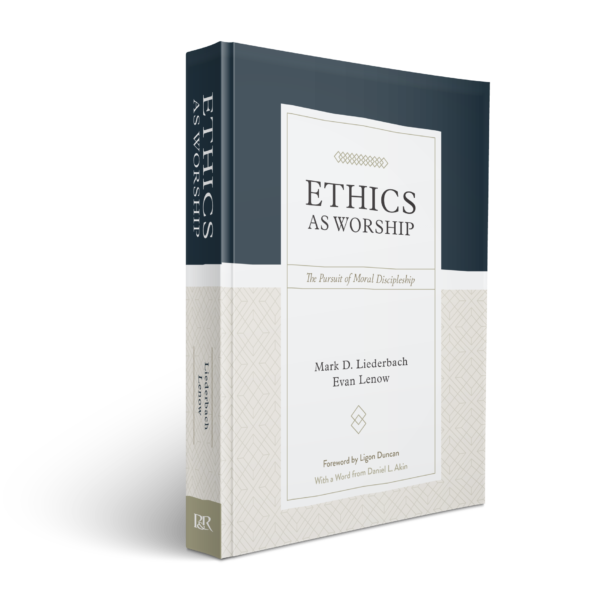A Brief Book Summary from Books At a Glance
by Steve West
Table of Contents
Part 1: An Introduction to Ethics
- What Is Christian Ethics? 3
Part 2: Revealed Reality: The Metaethical Foundations of Ethics as Worship
- Revealed Reality: Ethics as Worship through the Lens of Creation 29
- Revealed Reality: Ethics as Worship in Light of the Fall, Redemption, and Restoration 57
- Worship in Spirit and Truth: The Role of the Holy Spirit in Ethics as Worship 93
- Worship in Spirit and Truth: The Role of the Bible in Ethics as Worship 127
Part 3: Revealed Morality: The Normative Formulation of Ethics as Worship
- The Normative Methodology for Ethics as Worship: Part 1 173
- The Normative Methodology for Ethics as Worship: Part 2 203
- The Problem of Moral Dilemmas: Ethics as Worship in Morally Complex Contexts 243
Part 4: The Application of Ethics as Worship
- Justice and Social Engagement 285
- Race, Ethnicity, and Kingdom Diversity 311
- Wealth and Poverty 349
- Creation Care and Environmental Stewardship 379
- Capital Punishment 417
- War 449
- Abortion 485
- Euthanasia, Physician-Assisted Suicide, and End-of-Life Decision-Making 519
- Biblical Sexuality and Disordered Sexuality 561
- Marriage and Divorce 611
- Contraception, Birth Control, and Reproductive Technologies 653
Summary
Chapter 1: What is Christian Ethics?
The attempt to discern the meaning and purpose of life has driven great thinkers all throughout history. In ethics, we seek to determine both how we should live and why we should live that way. No matter how we live, we will always be living out some kind of moral vision. It is crucial that we see that we cannot invent morality. Morality comes from God and is revealed, so we discover it rather than make it up. Worldviews are commonly broken down into five components: Metaphysics, Epistemology, Anthropology, Theology, and Axiology. Ethics refers to the theoretical system, and morality refers to the specific behaviors and content that are lived out in that system. Metaethics focuses on the “why” question and is foundational for the discipline. Normative ethics provides guidelines and norms for behavior and character, and applied ethics seeks to move from theory to concrete practice and application in specific situations.
The most important distinguishing characteristic of Christian ethics is that it is Christocentric. Rather than trying to be good in order to earn salvation, the motive for ethical living is thanksgiving to God through Jesus. Christian ethics are committed to the Scriptures as the primary source of authority. We are to live in obedient love to God. Jesus taught that love was the center and most important command for ethical living. Christian ethics is focused on building disciples and is missional in orientation. Studying ethics, and applying what we learn, can help us glorify God in this world. . . .
[To continue reading this summary, please see below....]The remainder of this article is premium content. Become a member to continue reading.
Already have an account? Sign In
Buy the books

ETHICS AS WORSHIP: THE PURSUIT OF MORAL DISCIPLESHIP, by Mark Daniel Liederbach and Evan Lenow